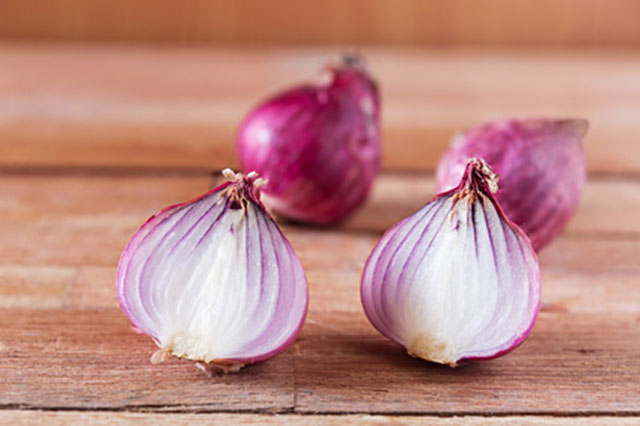What are the best inflammation fighting foods on the planet?
What are the best inflammation fighting foods on the planet? A new study from the University of Liverpool’s Institute of Ageing and Chronic Disease has found the best of the best.
Chronic inflammation contributes to many of the leading causes of death in the United States, including heart disease, cancers, diabetes, stroke, Alzheimer’s, and so much more.
Diets that are rich in fruits and vegetables help protect against inflammation and serious diseases.
The study abstract explained the following methods and results:
Sian Richardson, the lead author of the study concluded with the following: “The results of our study suggest that (poly)phenols derived from onions, turmeric, red grapes, green tea and açai berries may help reduce the release of pro-inflammatory mediators in people at risk of chronic inflammation.”
“Older people are more susceptible to chronic inflammation and as such they may benefit from supplementing their diets with isorhamnetin, resveratrol, curcumin and vanillic acid or with food sources that yield these bioactive molecules.”
The study revealing the best inflammation fighting foods on the planet was published in the British Journal of Nutrition.
Note: None of the information in our website is intended to diagnose, treat, cure or prevent any illness or disease. The content on our website is for educational purposes only.
DON’T FORGET to sign up for our weekly newsletter to get our latest articles, updates, free recipes and giveaways.
20 chronic inflammation remedies.
Turmeric lowers inflammation and blood sugar.
Wild blueberries lower blood pressure and inflammation.
REFERENCES:
1. “What Foods Can Help Fight the Risk of Chronic Inflammation?” University of Liverpool. University of Liverpool, 16 May 2016. Web. 23 May 2016.
2. “Identification of (poly)phenol Treatments That Modulate the Release of Pro-inflammatory Cytokines by Human Lymphocytes.” British Journal of Nutrition. Cambridge Journals, 17 Mar. 2016. Web. 23 May 2016.
3. “Inflammation (Chronic).” LifeExtension.com. LifeExtension.com, n.d. Web. 23 May 2016.

















